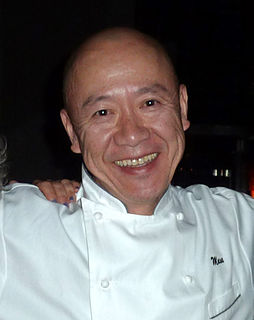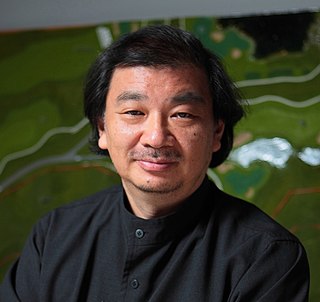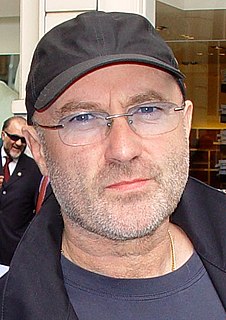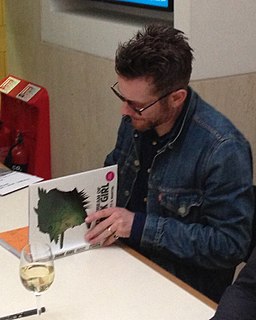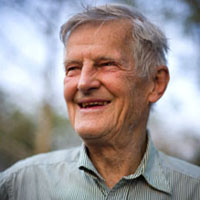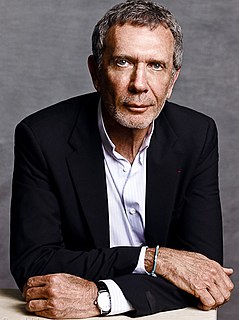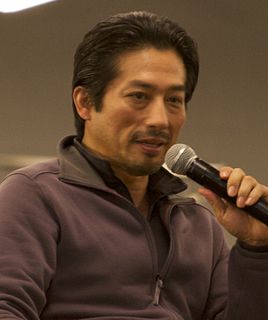A Quote by Adrian Tomine
I'm Japanese, but restaurants in my hometown served the most sanitized versions of California rolls. I grew up eating a lot of Japanese food at home that my parents or grandparents made.
Related Quotes
My job the same as carpenter. What kind of house you want to build? What kind of food you want to make? You think your ingredients, your structure. Simple. [Other] Japanese restaurants … mix in some other style of food and call it influence, right? I don't like that. … In Japanese sushi restaurants, a lot of sushi chefs talk too much. 'This fish from there,' 'This very expensive.' Same thing, start singing. And a lot have that fish case in front of them, cannot see what chef do. I'm not going to hide anything, right?
Keanu Reeves learned a lot, respecting the culture. I was surprised when I first met him. He knew a lot already and he learned a lot. And also he learned Japanese. It's incredible. On the set, switching between the Japanese and English, even for us, is very hard. It's complicated. But the first time Keanu spoke in Japanese it was a very important scene between us, and more than the dialogue's meaning, I was moved. His energy for the film, completely perfect Japanese pronunciation. It was moving, surprising, respecting.



